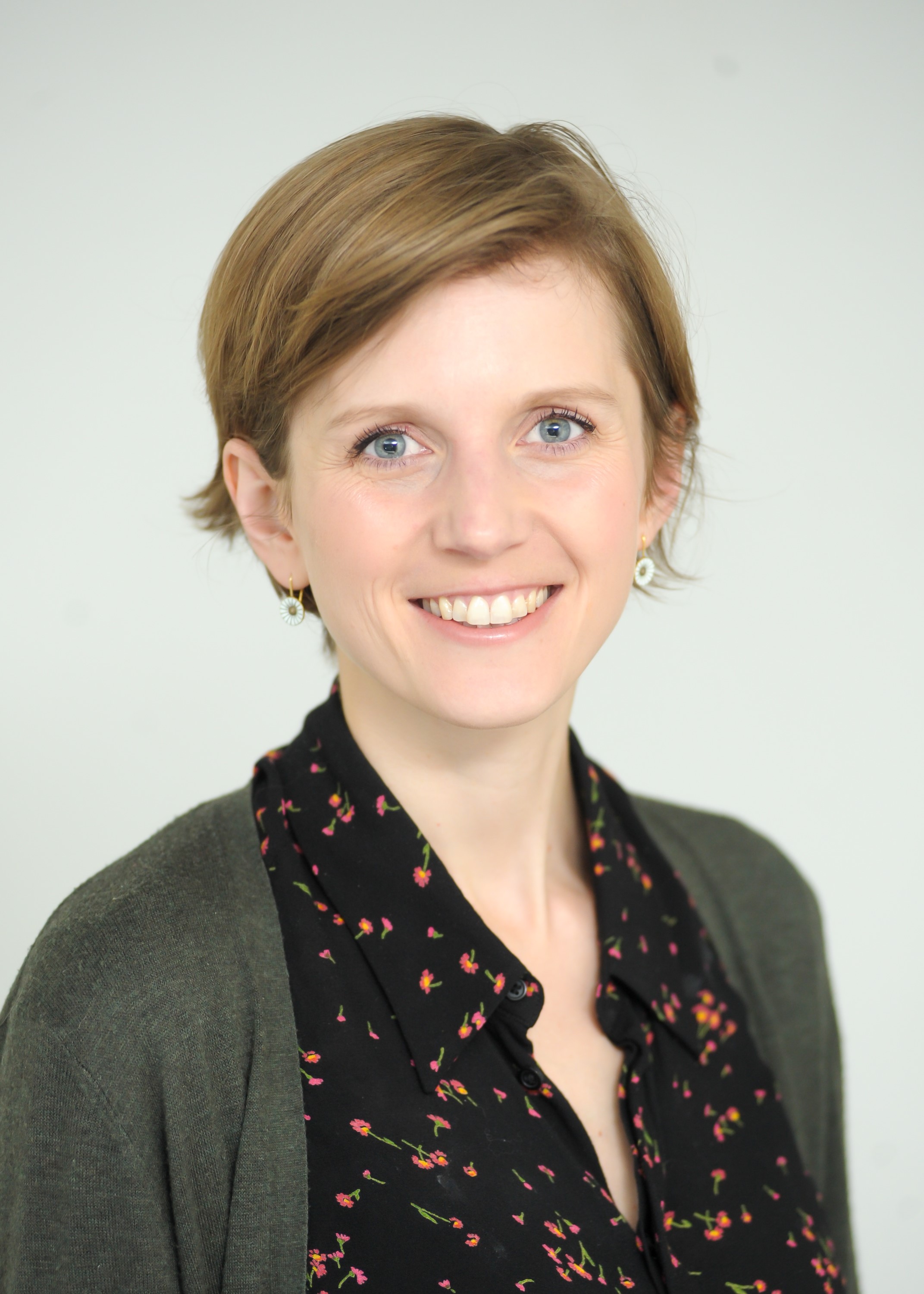Dr Marie Holt

Assistant Professor
Email:
Phone: 024 765 73462
Office: IBRB 1.28
Twitter: @mkbholt
Research Clusters
Opportunities in the group
For PhD and postdoctoral opportunities, and interest in potential collaborations, please contact me at the above email address.
Research/Teaching Interests
Stress is the mind and body’s response to threats, real and imagined, and continued stress can have detrimental effects on our health. Indeed, stress-related disorders, including depression and anxiety, are seen increasingly in our society. At its core, stress is beneficial: In response to stress our body launches a number of coping mechanisms, designed to increase our chances of survival. Our pulse and blood pressure increase and our behaviour changes, including how much we eat. This is normal and useful for us. However, after chronic, unrelenting stress our brains may respond inappropriately, and this can lead to cardiovascular disease and obesity.
My research focusses on how specific brain pathways control the normal healthy response to stress as well as the damaging effects of chronic stress. To do this, we use transgenic mice. Transgenic mice allow us to turn brain cells on and off while monitoring behaviour, pulse, and blood pressure during stress.
We use mouse models of chronic stress as well as state-of-the-art neuroscience tools to investigate the role of specific brain pathways in the regulation of 1) cardiovascular function; 2) anxiety-like behaviours; and 3) food intake and body weight
Research: Technical Summary
Affective disorders, including major depressive disorder and anxiety, are frequently co-morbid with cardiovascular disease (CVD) and eating pathologies. Stress is at the heart of these disorders: Even mild chronic stress has a deleterious effects on appetite, autonomic function, anxiety and depression, suggesting shared neural mechanisms. These neural pathways are largely unexplored and present novel potential therapeutic targets for affective disorders and their co-morbidities.
My research program aims to understand how the brain prioritises the shifting needs of the organism following stress and how repeated inappropriate activation of stress responses leads to co-morbidity of anxiety, CVD, and eating disorders. To study this, we use mouse models of anxiety as well as state-of-the-art neuroscience techniques.
The brain responds rapidly to stressful stimuli by increasing sympathetic outflow and limiting non-essential, risky behaviours including food seeking. These responses are adaptive and essential but can become maladaptive following chronic stress, causing autonomic imbalance and a state of hypervigilance, in rodents detected as ‘anxiety-like behaviour’. Stress responses are often thought to be driven mainly by forebrain areas, however the brainstem nucleus of the solitary tract (NTS) is ideally located to control both autonomic outflow and behaviour in response to stress. The NTS is robustly activated following acute and chronic stress and plays an important role in modulating autonomic and neuroendocrine function, as well as motivated behaviour, highlighting this nucleus as a potential key region for integrating information regarding stress and initiating adaptive responses.
My research focusses on the NTS and connected circuits, and on the physiological and emotional context in which these pathways become important. Projects follow three lines of complementary yet independent investigation, centred around the role of the NTS in response to acute and chronic stress: 1) cardiovascular regulation; 2) anxiety-like behaviours; and 3) food intake.
We answer these questions by using a pattern of modern neuroscience techniques: 1) anatomical dissections using cell-type-specific viral and traditional tract tracing; 2) cellular characterisations using ex vivo calcium imaging and patch-clamp electrophysiology; 3) in vivo pharmacology; and 4) in vivo chemogenetic and optogenetic manipulation of cell populations and circuits in combination with cardiovascular and behavioural monitoring.
- 2023- Assistant professor, University of Warwick
- 2021-2023 BHF postdoctoral fellow, University College London
- 2017-2020 Postdoctoral Researcher, Florida State University
- 2014-2017 PhD in Neuroscience, University College London
- 2013-2014 Research Assistant, University College London
- 2012-2013 MRes Biomedical Research, Imperial College London
- 2009-2012 BSc Molecular Medicine, University of Aarhus
